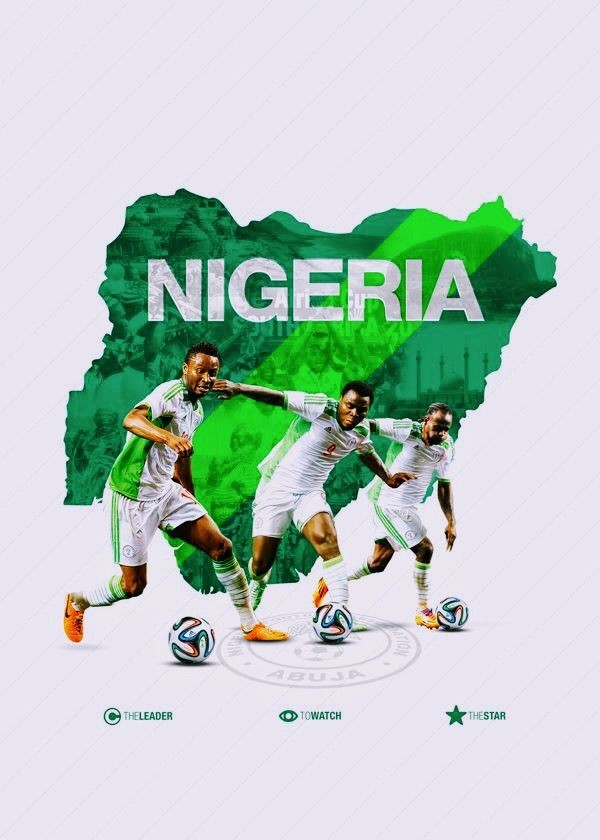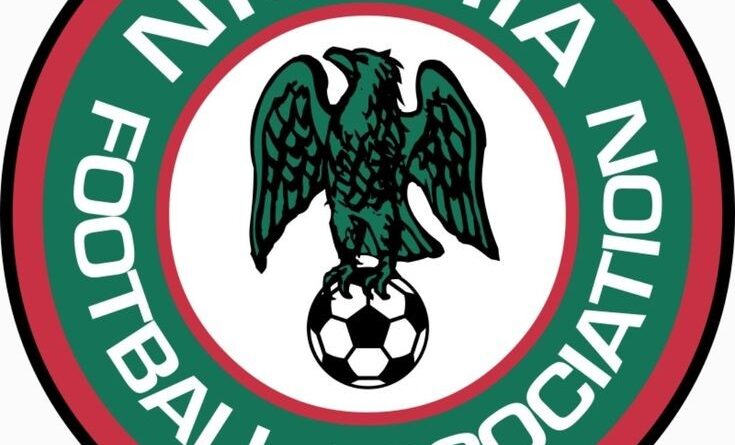Football in Nigeria – Who’s Really Making Money in 2025?
Football isn’t just a sport in Nigeria it’s a billion-naira industry. Behind every goal, every match day, and every fan chant lies a network of businesses, sponsors, and individuals making significant profits. From the Nigeria Professional Football League (NPFL) to international player transfers, the business side of football is bigger than most fans realize.

In this article, we break down how football generates income in Nigeria, the biggest money-makers in the industry, and what this means for the sport’s future.
1. The Main Revenue Streams In Nigerian Football
Just like in Europe’s top leagues, football in Nigeria has multiple income sources. While our market is smaller, the structure is similar.
| Revenue Source | How It Works in Nigeria | Key Beneficiaries |
|---|---|---|
| Sponsorship Deals | Brands pay to associate with clubs or competitions. | NPFL clubs, NFF |
| Broadcast Rights | TV/streaming services pay for match coverage. | NPFL, broadcasters |
| Ticket Sales & Matchday Revenue | Fans pay for stadium entry, merch, and concessions. | Clubs, stadium vendors |
| Player Transfers | Selling players to foreign clubs for fees. | Clubs, agents |
| Merchandising | Jerseys, scarves, branded items. | Clubs, retailers |
| Betting Partnerships | Betting companies sponsor clubs or leagues. | NPFL, private clubs |
2. Who Makes The Most Money In Football in Nigeria?
A. The Clubs of Football in Nigeria
Top NPFL teams like Enyimba International, Rivers United, and Remo Stars are among the highest earners. They benefit from sponsorships, ticket sales, and player transfers. For example, Enyimba has had major sponsorship deals with banks and telecom companies, which boost their budgets significantly.
Internal Link: You can read our full NPFL 2025: Teams to Watch This Season for more on these clubs.
B. The Players
While NPFL salaries are lower compared to Europe, top Nigerian players still make good money locally — and even more when they secure transfers abroad. The biggest paydays come from foreign contracts and endorsement deals.
Notable examples:
-
Victor Osimhen – Although now based in Europe, his transfer history has benefited Nigerian football financially through development fees.
-
Ahmed Musa – Known for combining NPFL experience with high-profile endorsements.
C. The Agents
Football agents in Nigeria make money by negotiating player contracts, transfers, and endorsement deals. With more Nigerian players moving abroad, agents’ commissions have grown steadily.
D. The Nigerian Football Federation (NFF)
The NFF earns from sponsorships, tournament hosting rights, and FIFA development funds. While there’s ongoing debate about financial transparency, their role in managing football’s financial flow is undeniable.
Outbound Link: Learn more about NFF’s sponsorship structure on their official website.
3. The Role Of Sponsorships And Partnerships
Sponsorships are the lifeblood of Nigerian football. Telecom companies, breweries, banks, and betting firms are among the biggest contributors. For example:
-
Globacom has been a major NPFL sponsor in the past.
-
Bet9ja and BetKing have invested heavily in football partnerships.
-
Breweries like Nigerian Breweries sponsor tournaments and fan events.
These sponsorships provide crucial funds for running clubs, paying players, and improving facilities.
4. Challenges Facing The Football Business In Nigeria
While the industry is growing, several issues still limit its potential:
-
Poor infrastructure – Many stadiums are in bad shape, affecting match attendance and revenue.
-
Inconsistent broadcasting – Limited live coverage reduces commercial value.
-
Financial mismanagement – Transparency concerns scare away potential sponsors.
5. The Future: Can Nigerian Football Become A Billion-Dollar Industry?
With proper investment, the Nigerian football economy could rival other African giants like South Africa and Egypt. Key steps include:
-
Upgrading stadiums to international standards.
-
Securing long-term TV rights deals.
-
Strengthening youth academies for talent development.
-
Encouraging private investment in club ownership.
Internal Link: For more on football growth, check our analysis on Super Eagles: Road to AFCON 2025.
Conclusion
The business of football in Nigeria is more than just the game it’s an interconnected web of sponsorships, broadcasting, merchandise, and player transfers. While challenges exist, the potential for growth is massive if stakeholders commit to transparency and long-term investment.
Outbound Link: Read FIFA’s Global Transfer Market Report to understand how player movements generate revenue.




